(Check out this entry's prelude.)
(late November 2021)
There were signs of the impending holidays when I was up north. Trailers stacked with Christmas trees were making their way to retailers as festive lights, wreaths, and other seasonal decorations were being mounted on light poles, hung on storefronts, etc. And I saw more than one notice such as this:
The impending holidays
also mean that lutefisk starts appearing at the supermarket.
Personally,
I am happy with a ham or turkey for Christmas dinner.
********
With my
vacation over, it was back to the proverbial salt mines. The air had turned decidedly chillier so I
started to bundle up a bit more for my treks to the bus stop. I don't mind the nip in the November air and
there were some very pretty sunrises to greet me as I stepped out the door for
my walk. Late autumn has a distinct smell to it. With the greenery gone and the humidity low, the air takes on a thin, almost minty scent as crisp breezes nibble at your cheeks. This is occasionally interrupted by the smell of a neighbor's fireplace or stove hard at work which makes me quite envious of people who can indulge their atavistic desires and safely watch flames from the comfort of their couch.
********
You may
recall from an entry or 2 back that I bought a head of cabbage from a produce
stand up north. With the weather turning colder, my stomach desires heartier
fare. Isn't that the case for everyone? I suspect that the heavier foods of
winter are more about feeling full and thusly having a good excuse to lie on the
couch instead of going outside rather than actually being a bulwark against the
cold. Regardless, I decided to make Polish cabbage rolls - Gołąbki - with the
cabbage. If the Russian restaurants I've been to are any indication, then it would seem that all Slavic/Eastern European peoples stuff cabbage leaves in one fashion or another.
Shortly
after making my intentions known to my Frau, she texted me a recipe for Gołąbki
soup that promised all the flavor of Gołąbki with much less work. She continued
her internet searches and found one for her beloved instant pot. It turned out very
well. Very well, indeed.
********
One November weekend, my Frau, a friend of
hers, and I headed out to our favorite orchard, Lapacek's, which is 20ish miles
north of us in rural Poynette, for their holiday craft fair. Poynette is famous** for having originally been called Pauquette. Apparently someone had dreadful handwriting back in 1850 because an application for the Pauquette post office was misread as "Poynette" and the name stuck. Or rather, residents were stuck with the name.
The Frau and
her friend perused the crafts while I contemplated the
foodstuffs. Doughnuts are more my thing, you see, although there were some candles that
tempted me. At checkout, we said hi to Kim who is the leading craftsperson in
the Lapacek enterprise. We chatted with her that first year we visited the
orchard and I explained to her that we'd been lured by the promise of the Wolf River apples. Shortly after I blogged
about them, Kim found the post and made the connection. And so we've
been the Wolf River apple couple to her ever since.
I look forward to their apple cider doughnuts every autumn and they certainly didn't disappoint this time around.
While it was certainly a chilly night, we stayed rather warm. I suppose the beer helped in that regard. My favorite was the Oaktober Ale. It's a bit like an Oktoberfest lager - but an ale. And it's aged on oak to boot. The woody flavor is subtle but extremely tasty.
Well, enough
about food. I am making myself hungry and I have done more than eat and drink
lately.
********
Back in
college, I took a world literature course. One of the books we read was Matigari
by Kenyan author Ngũgĩ wa Thiong'o. If I recall correctly, the story took place
in the immediate aftermath of the Mau Mau Uprising. I knew nothing about Kenyan
history then (and barely more now) but thoroughly enjoyed that book. I am not
sure what it was about it that attracted me so. It was an intriguing story of
revolution and how sometimes things don't go as planned. Change is complicated.
Plus I enjoyed Ngũgĩ's writing style. It had a directness to it that I liked. In addition, there was lots of singing.
Anyway, I
decided back then to read more by Ngũgĩ. Now, some 30 years later, I finally
did so. I recently completed his debut novel, Weep Not, Child.
********
Bonus photo! We're back to Piper. I caught her on the guest bed recently enjoying the sun.
**Not really.
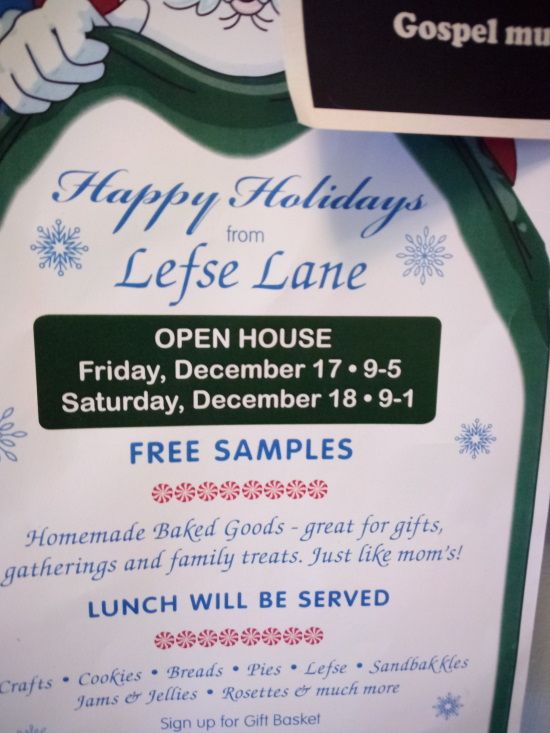
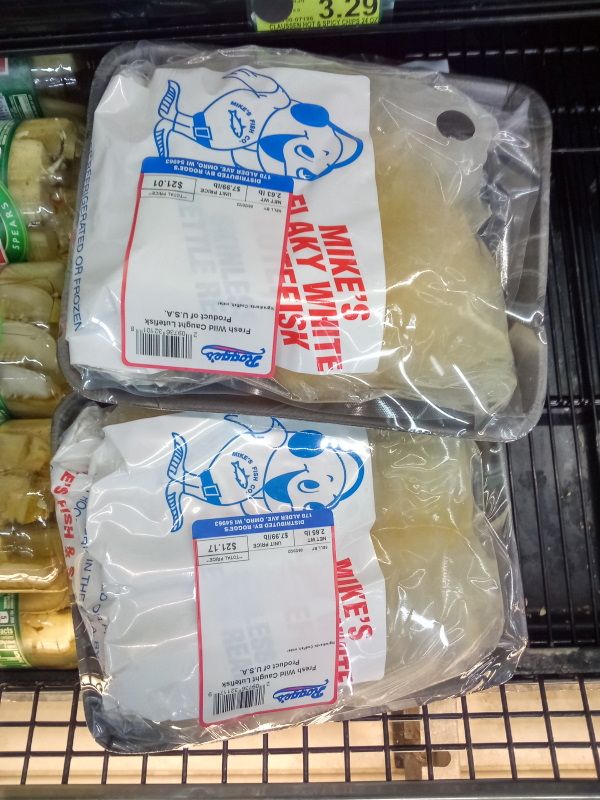
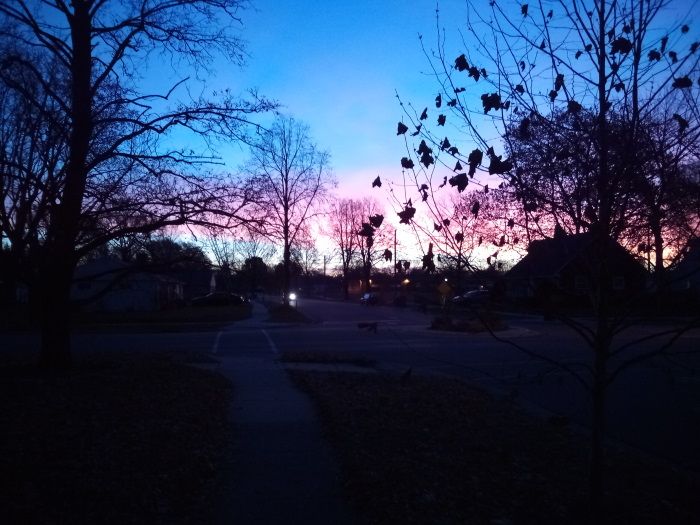
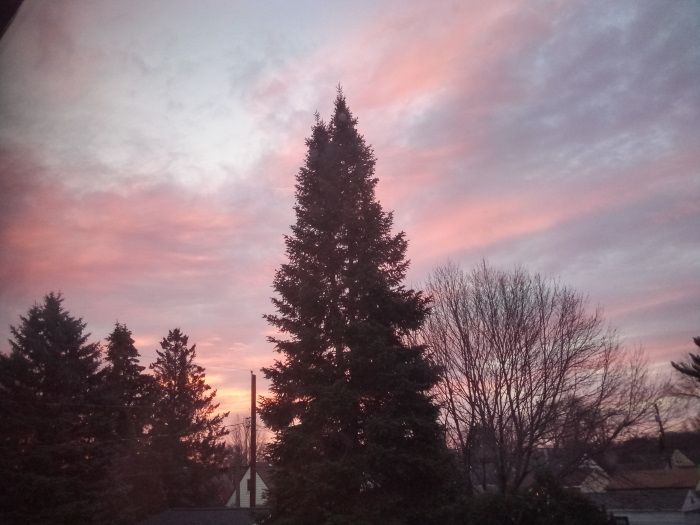
.jpg)
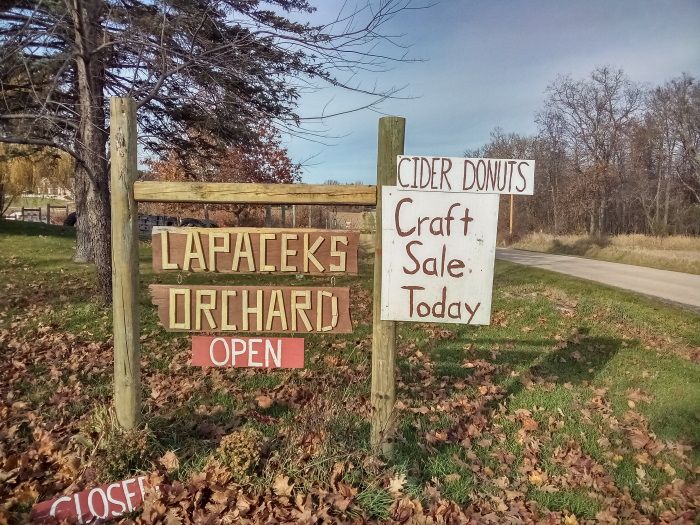
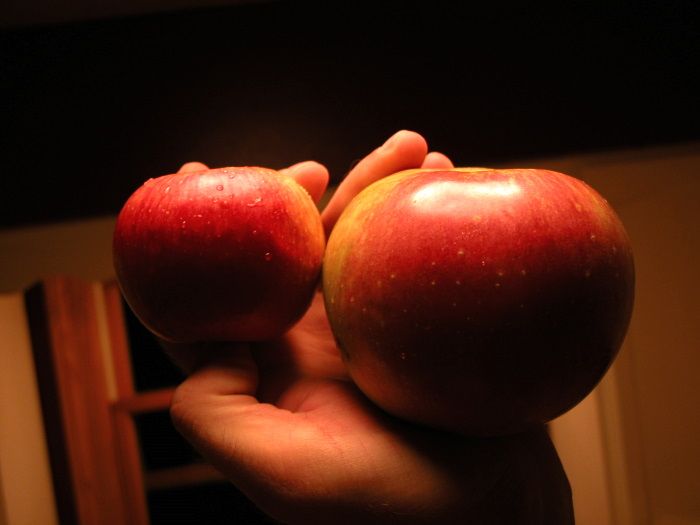
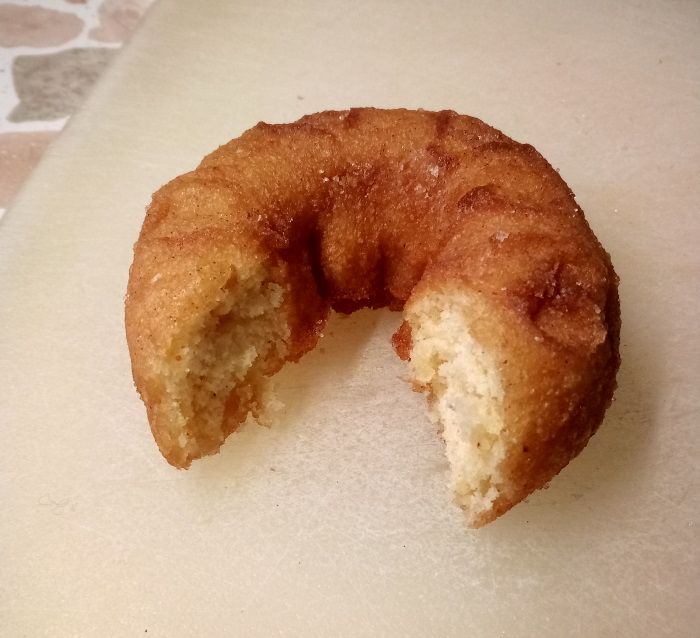
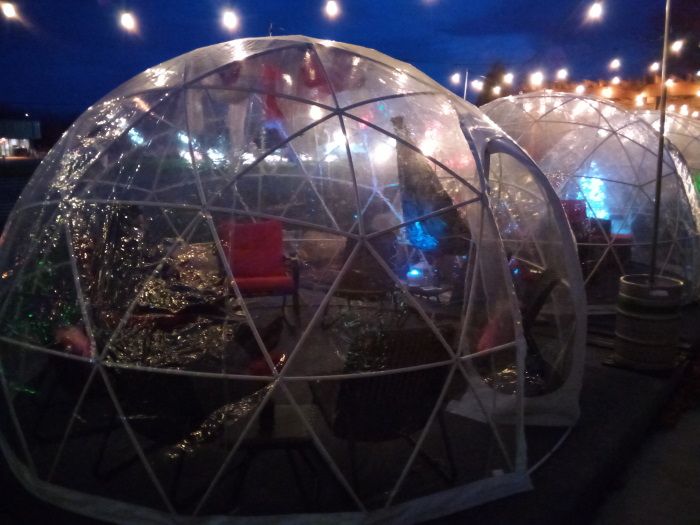
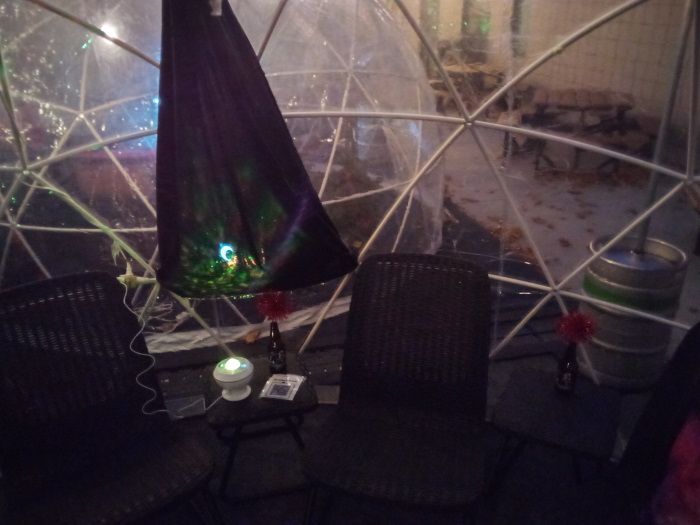
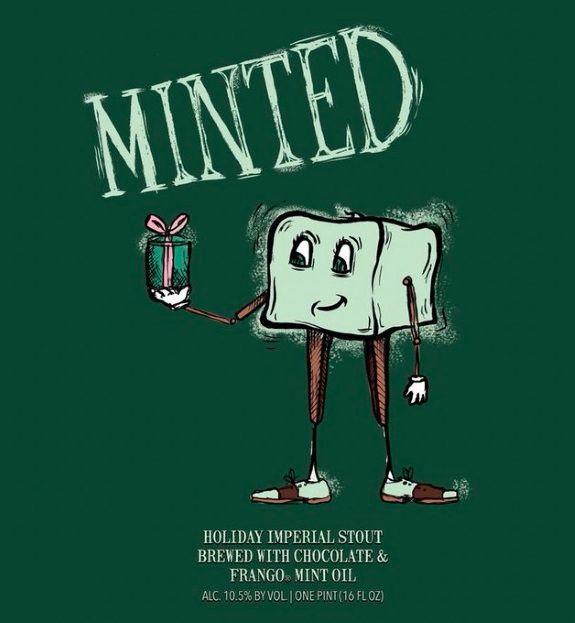
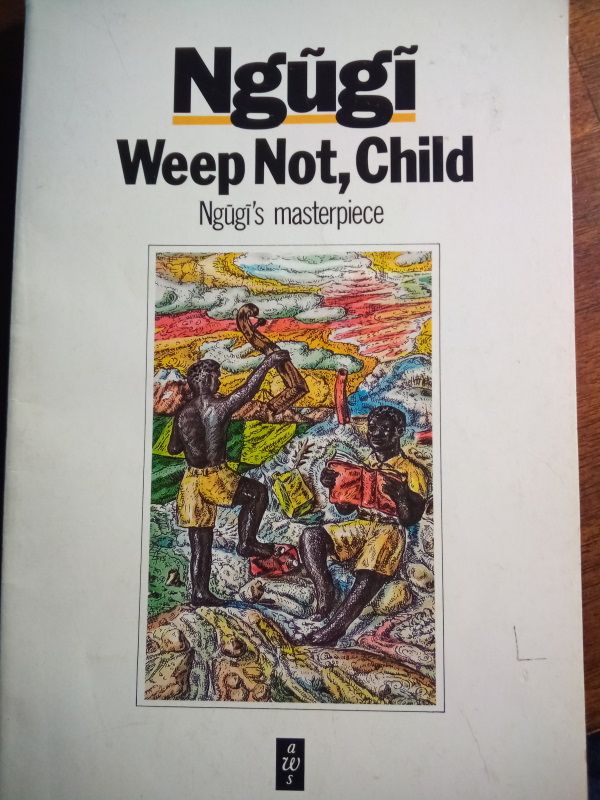
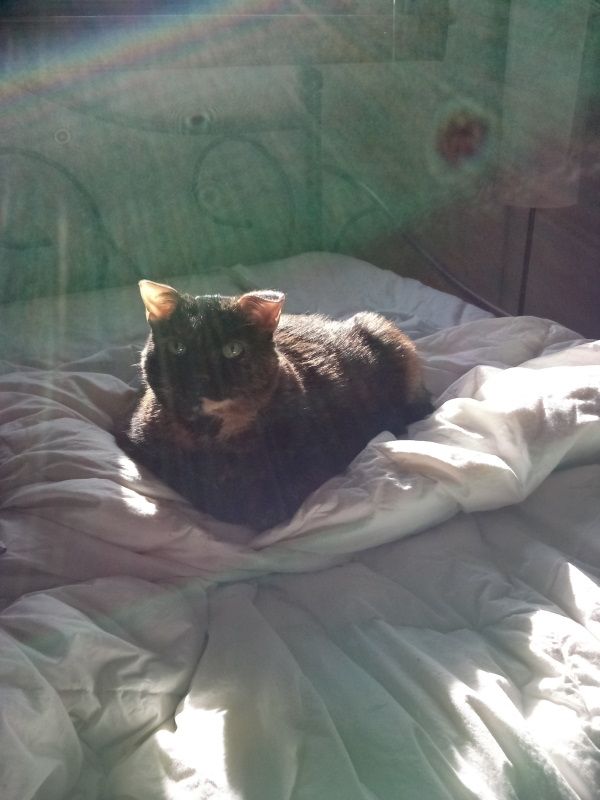
No comments:
Post a Comment